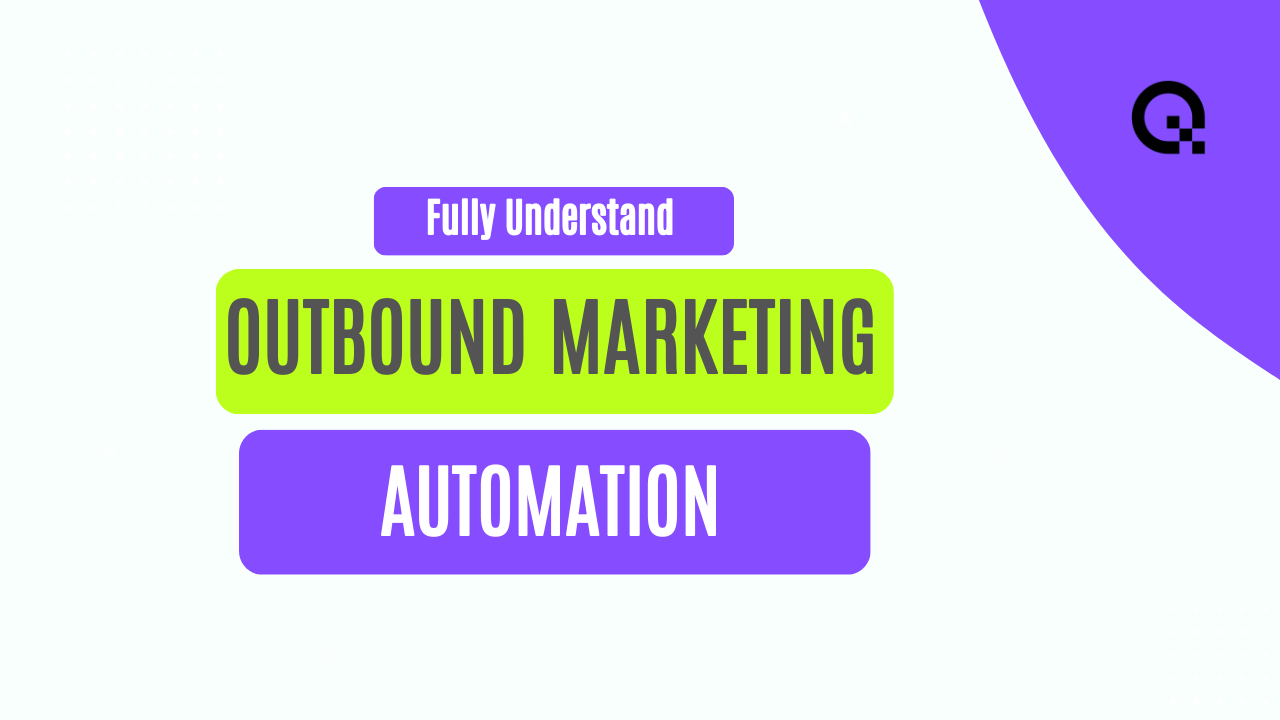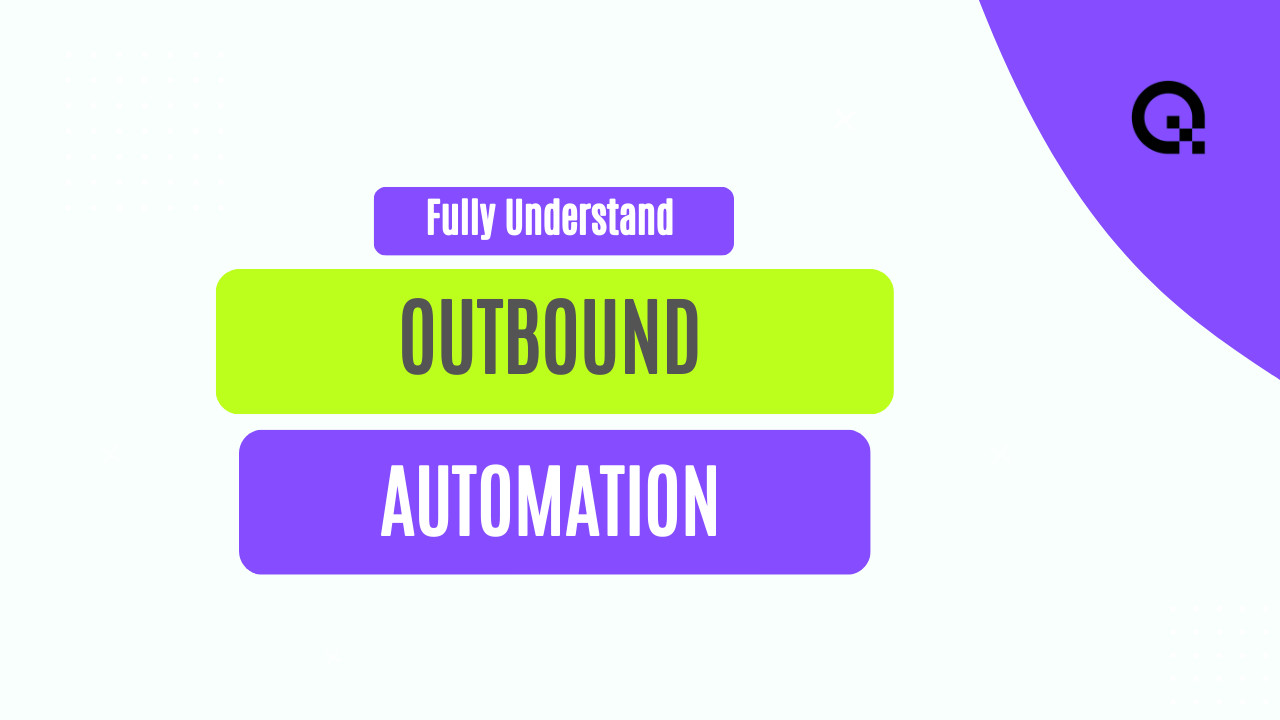The Rise of Hyper-Automated CRM Systems
Customer Relationship Management (CRM) systems have long been a staple in the business world, helping companies manage their interactions with current and potential customers. However, as technology continues to advance at a rapid pace, traditional CRM systems are evolving into hyper-automated solutions that offer unprecedented levels of efficiency and personalization.
The Evolution of CRM Systems
Traditional CRM systems have typically focused on storing customer data, managing sales pipelines, and automating marketing campaigns. While these functionalities are still essential, the rise of hyper-automation has taken CRM systems to a whole new level.
Hyper-automated CRM systems leverage artificial intelligence (AI) and machine learning algorithms to automate repetitive tasks, analyze customer data in real-time, and provide actionable insights to sales and marketing teams. This level of automation not only saves time and resources but also enables companies to deliver more personalized experiences to their customers.
The Benefits of Hyper-Automated CRM Systems
Hyper-automated CRM systems offer a wide range of benefits for businesses of all sizes. One of the key advantages is the ability to streamline processes and improve efficiency. By automating manual tasks such as data entry, lead scoring, and email campaigns, employees can focus on more strategic activities that drive revenue and growth.
Another major benefit of hyper-automated CRM systems is the ability to deliver personalized experiences at scale. By analyzing customer behavior and preferences in real-time, companies can tailor their marketing messages and sales pitches to individual customers, increasing the likelihood of conversion and loyalty.
The Future of CRM
As technology continues to evolve, the future of CRM systems looks increasingly bright. Hyper-automated solutions will continue to push the boundaries of what is possible, offering new ways for companies to engage with their customers and drive business results.
From predictive analytics to chatbots and virtual assistants, the possibilities for hyper-automated CRM systems are endless. By embracing these technologies and integrating them into their existing workflows, companies can stay ahead of the competition and deliver exceptional customer experiences.
Conclusion
In conclusion, hyper-automated CRM systems represent the next frontier in customer relationship management. By harnessing the power of AI and automation, companies can unlock new opportunities for growth, efficiency, and personalization. As businesses continue to adapt to the digital age, investing in hyper-automated CRM systems will be crucial for staying competitive and meeting the evolving needs of customers.



